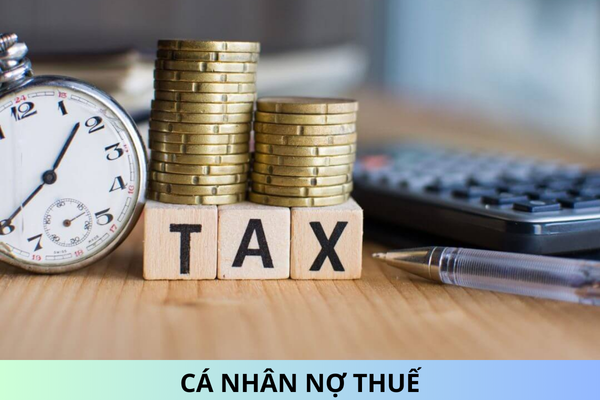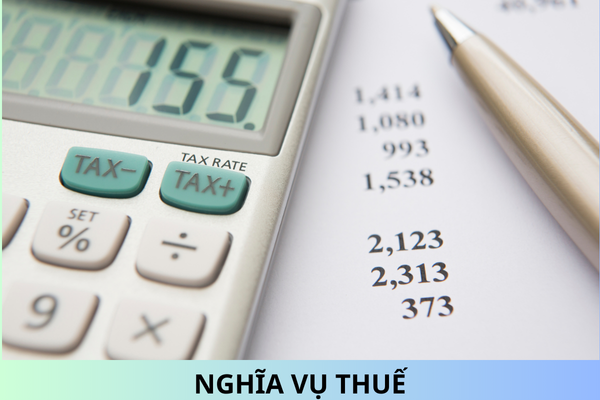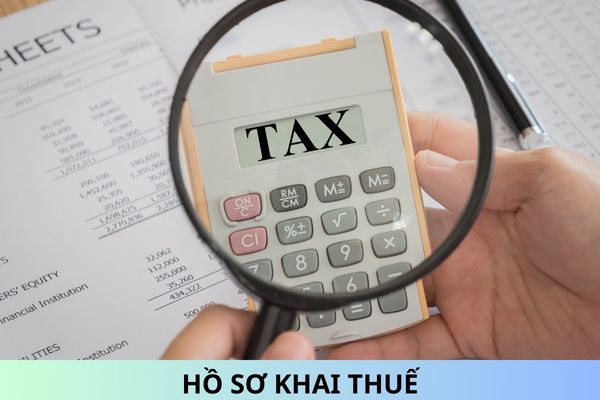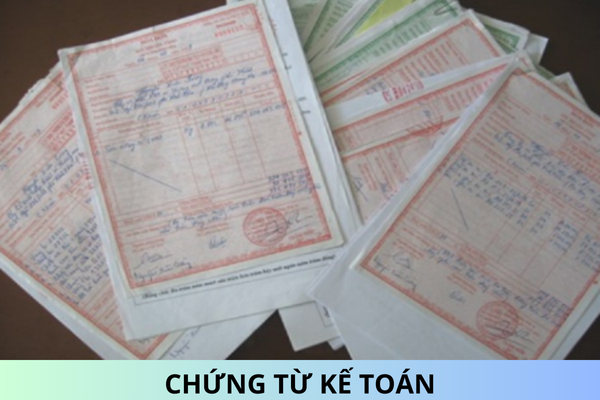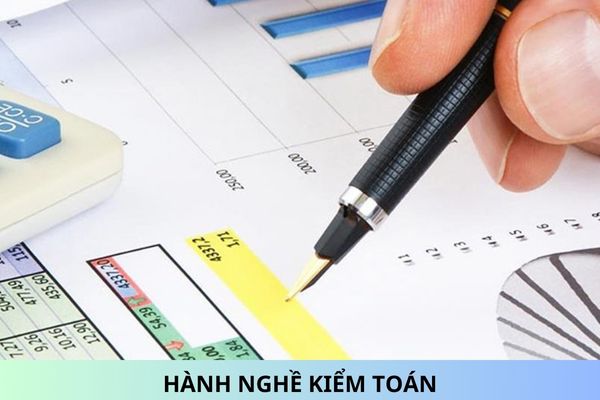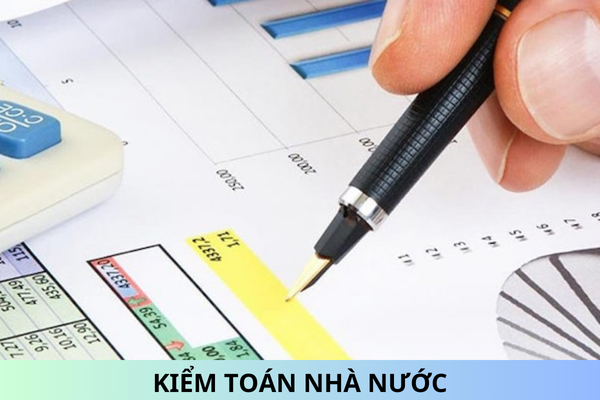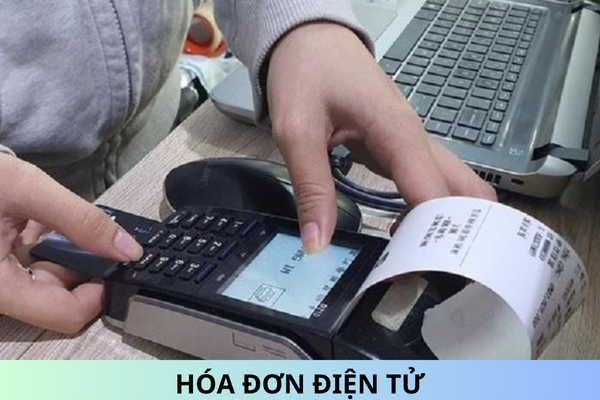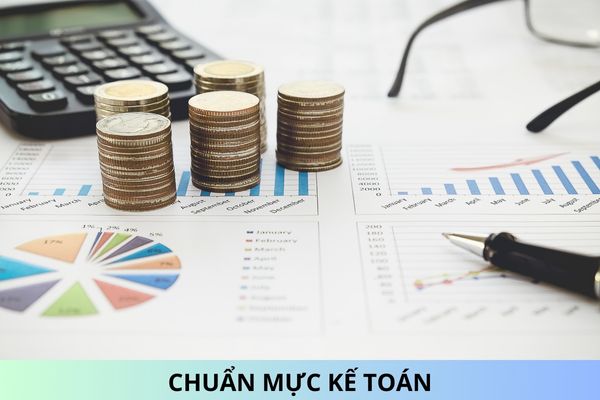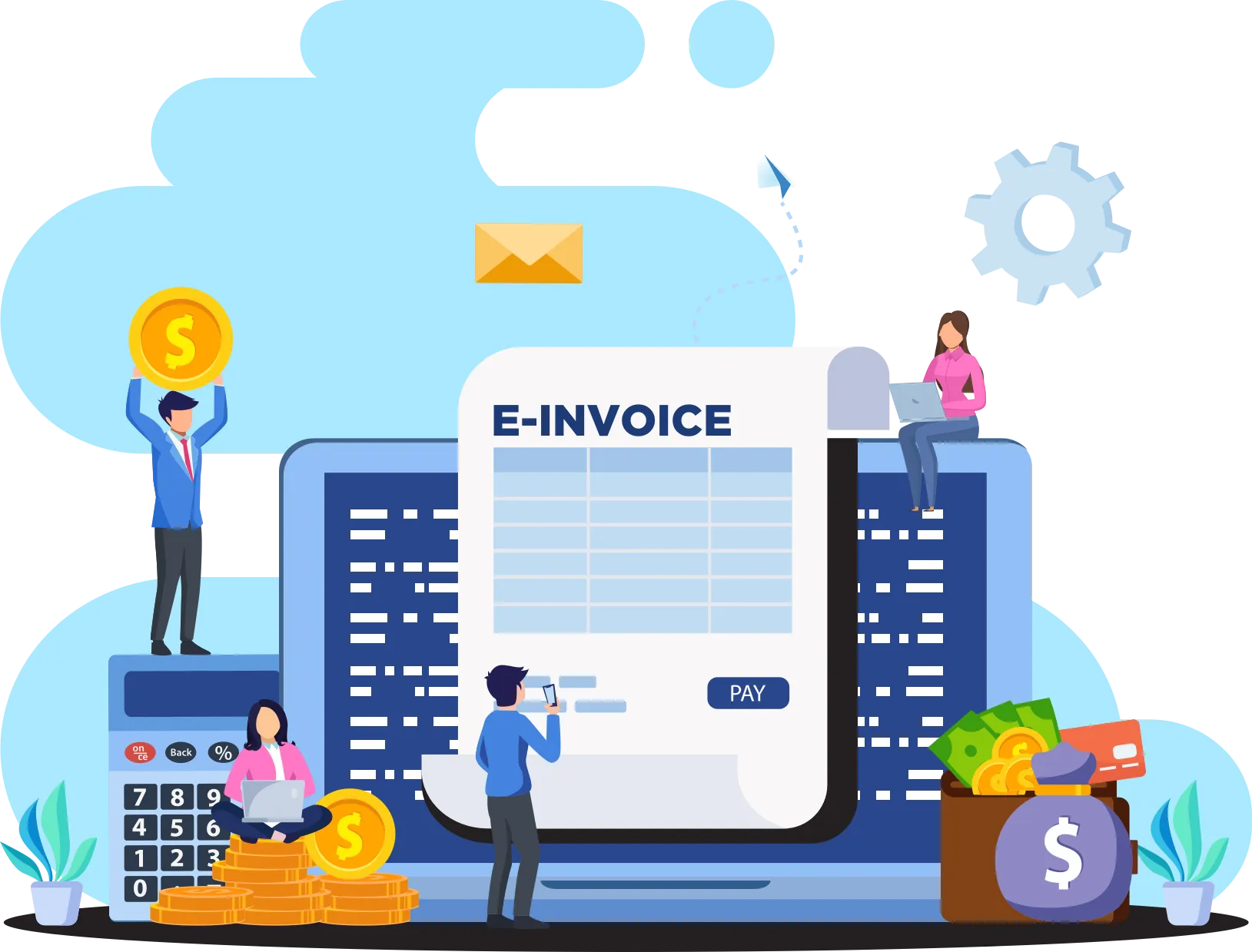In which cases are entities not required to pay service charges for the use of authenticated e-invoices in Vietnam?
What is an authenticated e-invoice according to the law in Vietnam? In which cases are entities not required to pay service charges for the use of authenticated e-invoices in Vietnam? What are prohibited acts related to invoices and records in Vietnam?
What is an authenticated e-invoice according to the law in Vietnam?
Pursuant to Article 3 of the Decree 123/2020/ND-CP:
Definitions
For the purposes of this Decree, the terms used herein shall be construed as follows:
1. “invoice” means an accounting record which is created by a goods seller or service provider to record information about the sale of goods or service provision. Invoices are represented in the electronic form or are printed according to orders placed by tax authorities.
2. “e-invoice” means an invoice, with or without the tax authority’s authentication code, in the form of electronic data, issued by the goods seller or service provider by using electronic instruments to record information on the sale of goods or service provision in accordance with regulations of the Law on accounting and the Law on taxation, including the invoices generated by POS cash registers that are digitally connected to tax authorities. To be specific:
a) “authenticated e-invoice” means an e-invoice that is granted an authentication code by the tax authority before it is sent to the buyer by the goods seller or service provider.
The authentication code on an e-invoice is a unique serial number generated by the tax authority’s system and a series of characters encoded by the tax authority based on the information specified by the seller on the invoice.
b) “unauthenticated e-invoice” means an e-invoice that is sent to the buyer by the goods seller or service provider without the tax authority’s authentication code.
...
As regulated above, authenticated e-invoice means an e-invoice that is granted an authentication code by the tax authority before it is sent to the buyer by the goods seller or service provider.
The authentication code on an e-invoice is a unique serial number generated by the tax authority’s system and a series of characters encoded by the tax authority based on the information specified by the seller on the invoice.
In which cases are entities not required to pay service charges for the use of authenticated e-invoices in Vietnam? - image from internet
In which cases are entities not required to pay service charges for the use of authenticated e-invoices in Vietnam?
Pursuant to Clause 1 Article 14 of the Decree 123/2020/ND-CP stipulating provision of e-invoice services:
Provision of e-invoice services
1. The following entities are not required to pay service charges for a period of 12 months from the date of commencement of the use of authenticated e-invoices:
a) Small- and medium-sized enterprises, cooperatives, household and individual businesses that operate in disadvantaged areas or extremely disadvantaged areas. Disadvantaged areas or extremely disadvantaged areas are defined in the List of areas eligible for investment incentives enclosed with the Government’s Decree No. 118/2015/ND-CP dated November 12, 2015 and its amending or superseding documents (if any).
b) Other small- and medium-sized enterprises which are defined according to the requests of the provincial People’s Committees submitted to the Ministry of Finance, except enterprises operating in economic zones, industrial parks or hi-tech zones.
The General Department of Taxation shall directly provide or entrust e-invoice service providers to provide free of charge authenticated e-invoices for the abovementioned entities.
...
As regulated above, there are 02 cases in which entities are not required to pay service charges for a period of 12 months from the date of commencement of the use of authenticated e-invoices:
Case 1: Small- and medium-sized enterprises, cooperatives, household and individual businesses that operate in disadvantaged areas or extremely disadvantaged areas.
Disadvantaged areas or extremely disadvantaged areas are defined in the List of areas eligible for investment incentives
Case 2: Other small- and medium-sized enterprises which are defined according to the requests of the provincial People’s Committees submitted to the Ministry of Finance, except enterprises operating in economic zones, industrial parks or hi-tech zones.
The General Department of Taxation shall directly provide or entrust e-invoice service providers to provide free of charge authenticated e-invoices for the abovementioned entities.
What are prohibited acts related to invoices and records in Vietnam?
Pursuant to Article 5 of the Decree 123/2020/ND-CP stipulating prohibited acts related to invoices and records in Vietnam:
- For tax officials:
+ Disturb or cause difficulties to organizations/individuals buying invoices/records;
+ Protect or enter into collusion with organizations/individuals to use illegal invoices/records;
+ Take bribes when carrying out invoice-related inspections.
- For goods sellers, service providers, organizations and individuals with related rights and obligations:
+ Perform deceitful acts such as use of illegal invoices or illegal use of invoices;
+ Obstruct tax officials in performing their tasks, including acts of obstruction that harm the health or dignity of tax officials who are performing invoice/record-related inspections;
+ Illegally access, falsify or destroy invoice/record information systems;
+ Give bribes or perform other invoice/record-related acts for obtaining illegal benefits.
